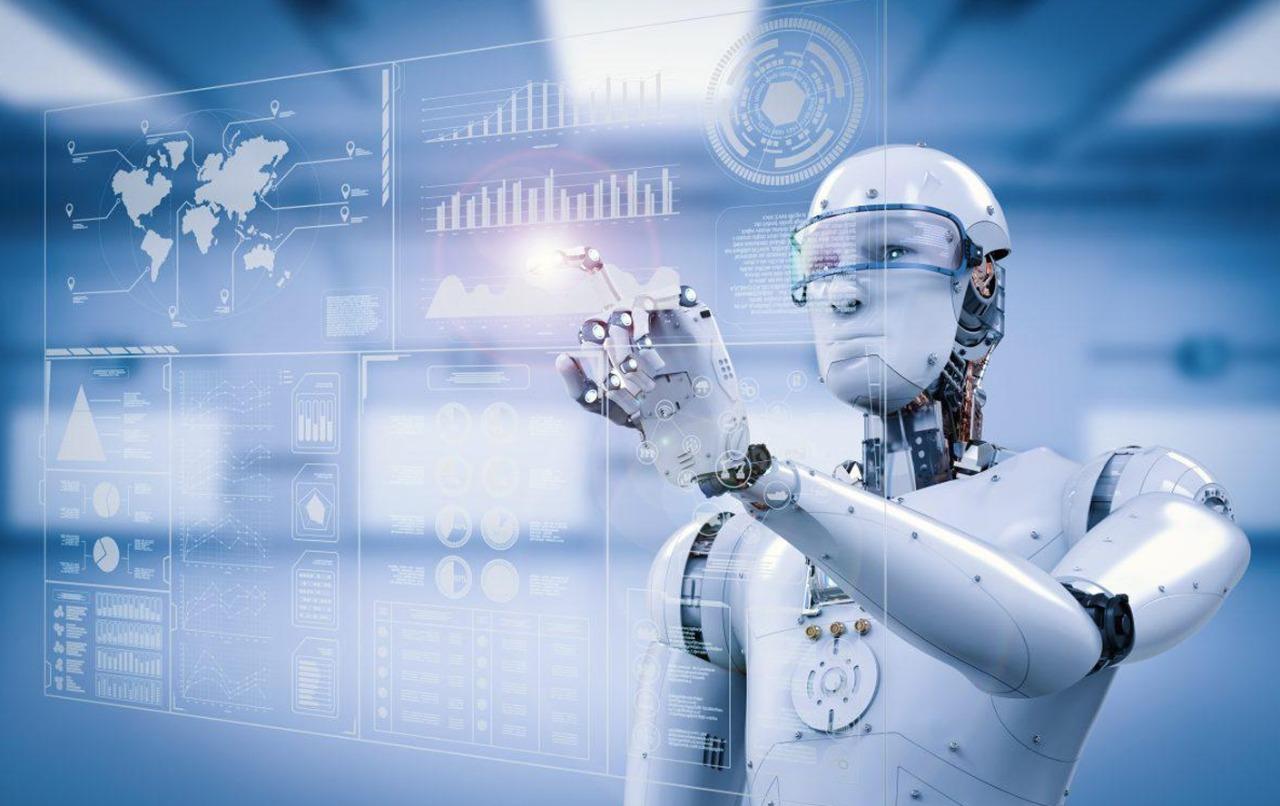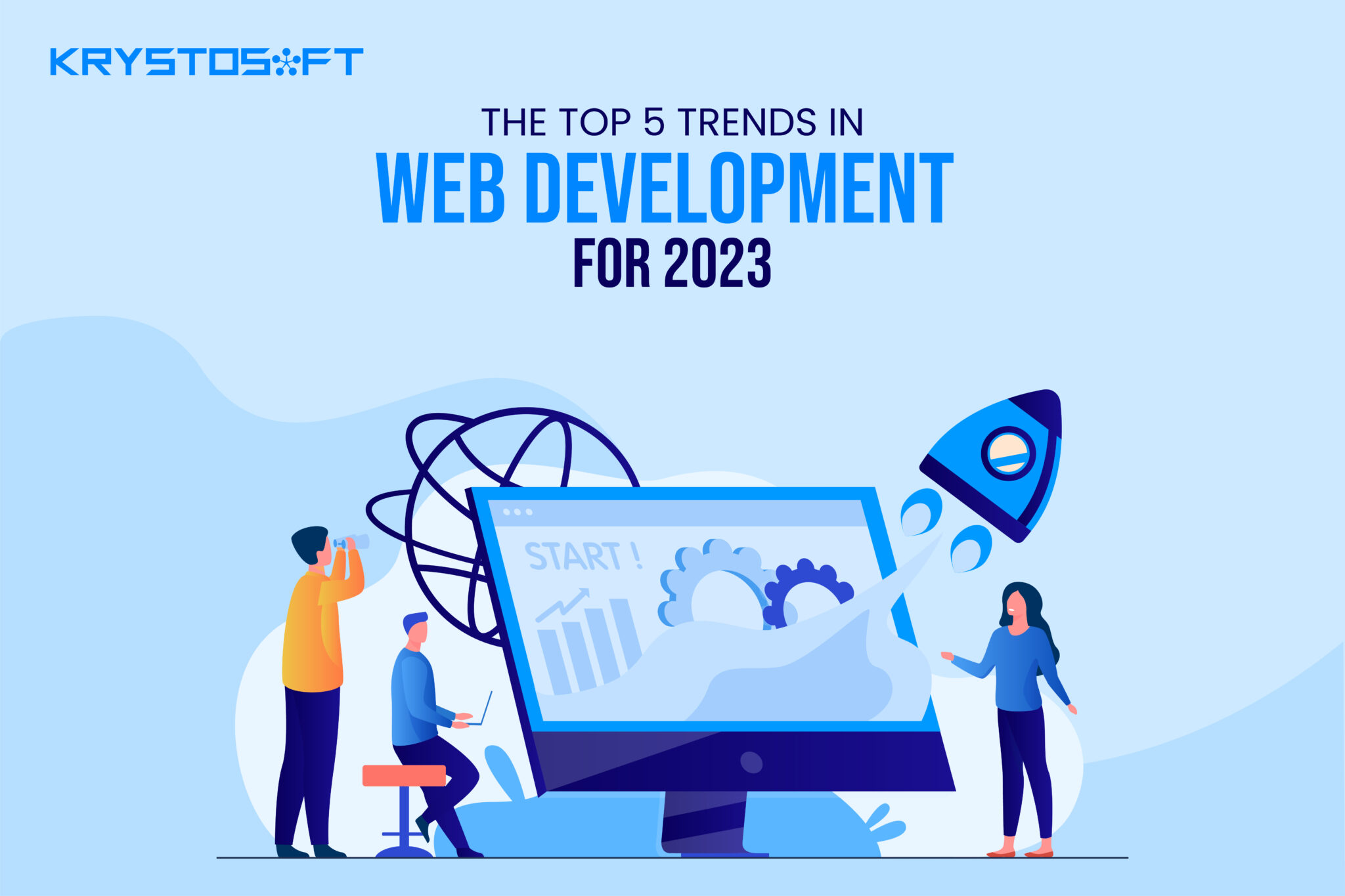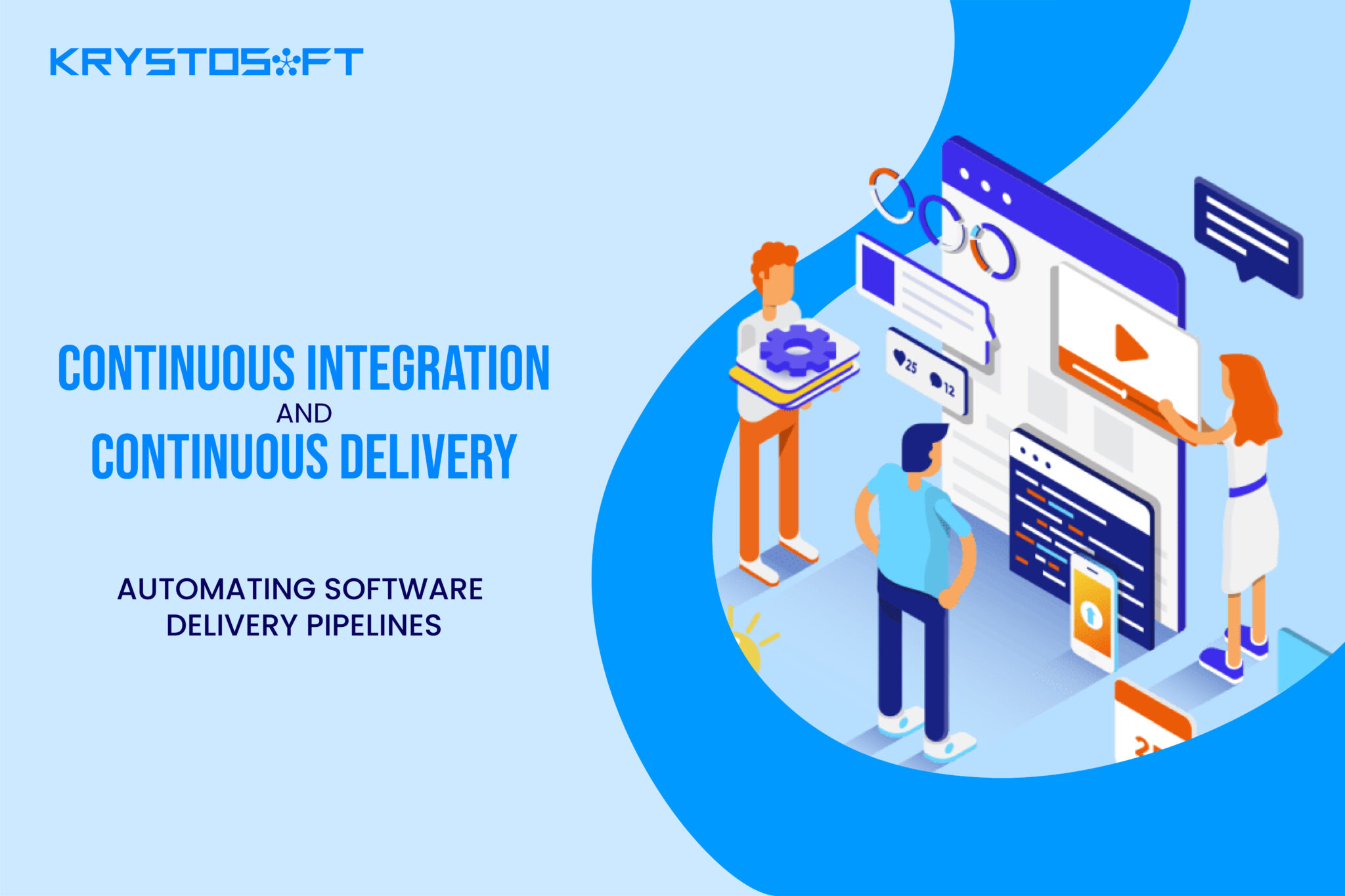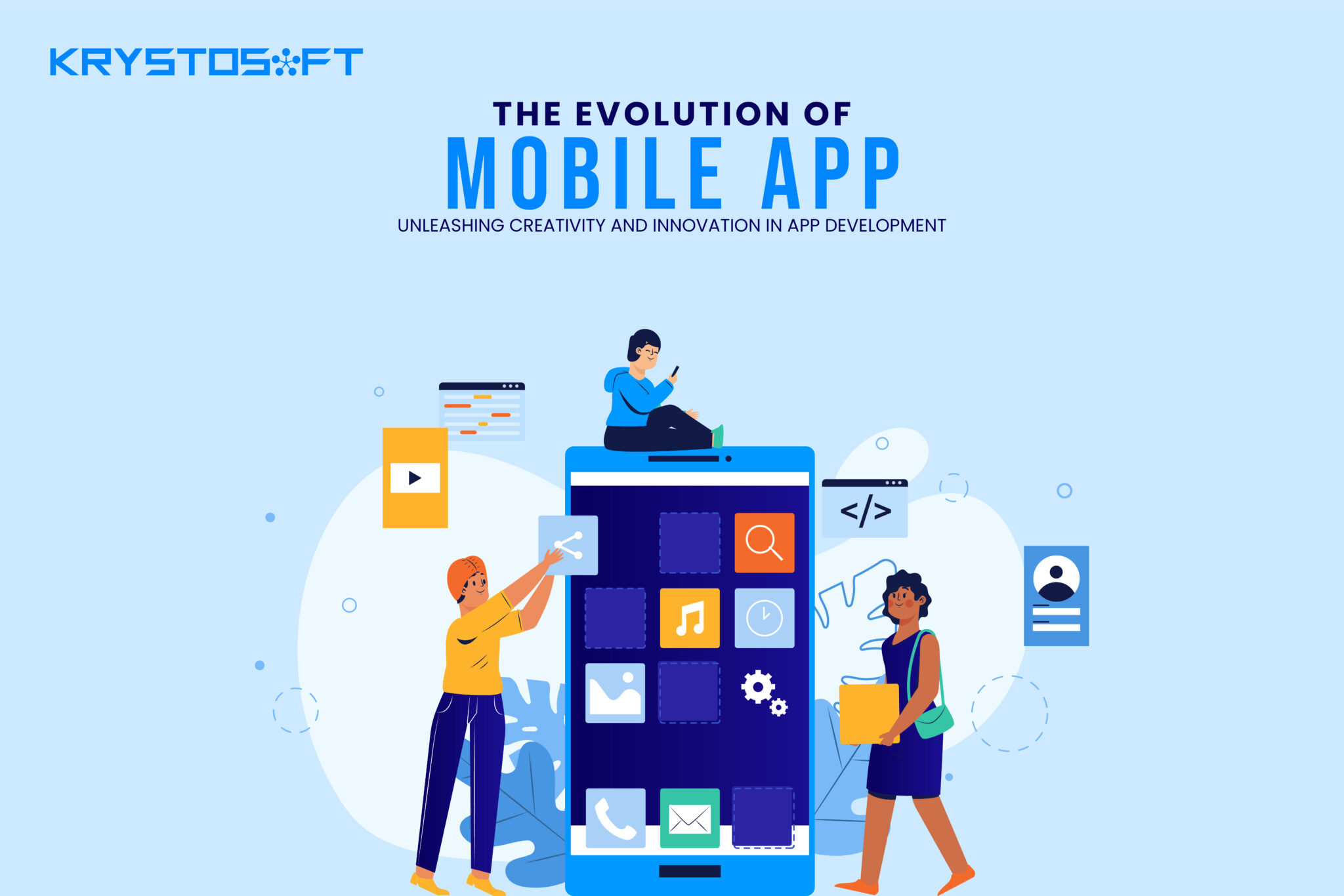AI (Artificial Intelligence) refers to a robotic ability to exhibit human-like qualities like thinking, learning, planning, and creativity.
It allows technological systems to observe their surroundings, interact with what they see, solve issues, and act to reach a certain objective. AI significantly evolved and found and now its sub-domain is rapidly being used to assist with repetitive procedures in a variety of sectors and enterprises. However, there is a growing interest among established tech titans and startups in leveraging AI to make everyday living easier.
Artificial intelligence’s function and popularity are growing by the day, and it is now considered one of the trendiest buzzwords in technology for good reason. Several inventions and developments previously only possible in science fiction have gradually become a reality in recent years.
It is becoming more important as it deals with difficult problems in a variety of fields such as healthcare, entertainment, finance, education, and business. It exemplifies how artificial intelligence is making our daily lives more pleasant and efficient.
Why is AI important?
Several AI technologies have been present for more than 50 years, but recent developments in processing power, the accessibility of massive amounts of data, and novel algorithms have resulted in significant AI achievements.
Artificial intelligence is regarded as crucial to society’s digital transition, and it has emerged as an EU priority.
Future applications are expected to usher in massive changes, yet AI has already been present in our daily lives.
How is AI used in our Life?
Here are some of the sectors that have been using the AI application in their work:
- Voice Assistants
VUI powered by AI is being used by digital assistants to deduct voices request by using Siri, Google Home, and Alexa. AI enables these apps to rely on massive datasets on cloud storage platforms in addition to voice instructions. These apps then process hundreds of lines of data per second to fulfill tasks and provide customized search engine results.
- Entertainment Streaming Apps
Streaming behemoths like Netflix, Spotify, and Hulu are constantly pouring data into machine learning algorithms to improve the customer experience.
These streaming applications propose unique material based on users’ engagement with other media channels. These applications produce collections of music, movies, and TV shows tailored to each user’s preferences by using AI to comb through ever-increasing user data.
AI also helps to ensure uninterrupted streaming by automating the allocation of servers nearest to the consumer. Bandwidth allotment is also dynamically adjusted based on the popularity of a specific piece of media.
- Personalized Marketing
To increase engagement through customer data, brands deploy AI-driven personalization solutions based.
Recently, AI breakthroughs promise to employ computer vision to anticipate the effectiveness of an advertisement, assisting firms in reaching the target individuals and providing to those who require it. Depending on the marketing level, AI marketing tools assist in both prospects and re-targeted clients.
- Smart Inputs on Keyboard
The latest editions of mobile keyboard applications integrate auto-correction and language identification features to deliver a more user-friendly experience.
With the help of AI, these applications can efficiently rectify mistakes, assist with language switching, and anticipate the next word by a non-intrusive approach. AI programmers train these applications to grasp the context of the message being entered and generate accurate predictions using the premise of the “random forest” machine learning method.
- Navigation & Transport
AI is becoming increasingly important in the tourism industry. AI is capable of doing a variety of travel-related tasks, such as making travel arrangements and recommending hotels, airlines, and optimal routes to consumers. For better and faster response, travel sectors are deploying AI-powered catboats that can communicate with clients in a human-like manner.
- Healthcare
With the help of artificial intelligence software, the condition can be diagnosed and treated before it becomes critical. It has become more beneficial and has had a significant impact on the broader health industry.
– Impact on Lifestyle
AI, like other industries, has a significant impact on how we live. It is most effective in driverless cars, filters spam files, recognizes facial expressions, and recommends systems that meet your requirements. This AI program is completely risk-free to use.
It is based on an algorithm that uses our search history to collect user data and deliver personalized suggestions to users to increase engagement.
AI Facts and Figures for the Future
In short, we can’t deny how it become important in our daily life. It is also concluding some facts that have been predicted related to AI software.
- Statista predicts that the global revenue from AI software will reach $126 billion by 2025.
- According to Gartner, 37% of firms have deployed AI in some manner. Over the last four years, the percentage of businesses using AI has increased by 270 %.
- As per Servion Global Solutions, AI will fuel 95 % of consumer interactions by 2025.
- According to Statista’s latest 2020 study, the worldwide AI software industry is predicted to increase by around 54% year on year, reaching a forecast value of USD 22.6 billion.
Let’s Get In Touch
Get FREE Consultancy from our Experts Right Now!
Error: Contact form not found.





